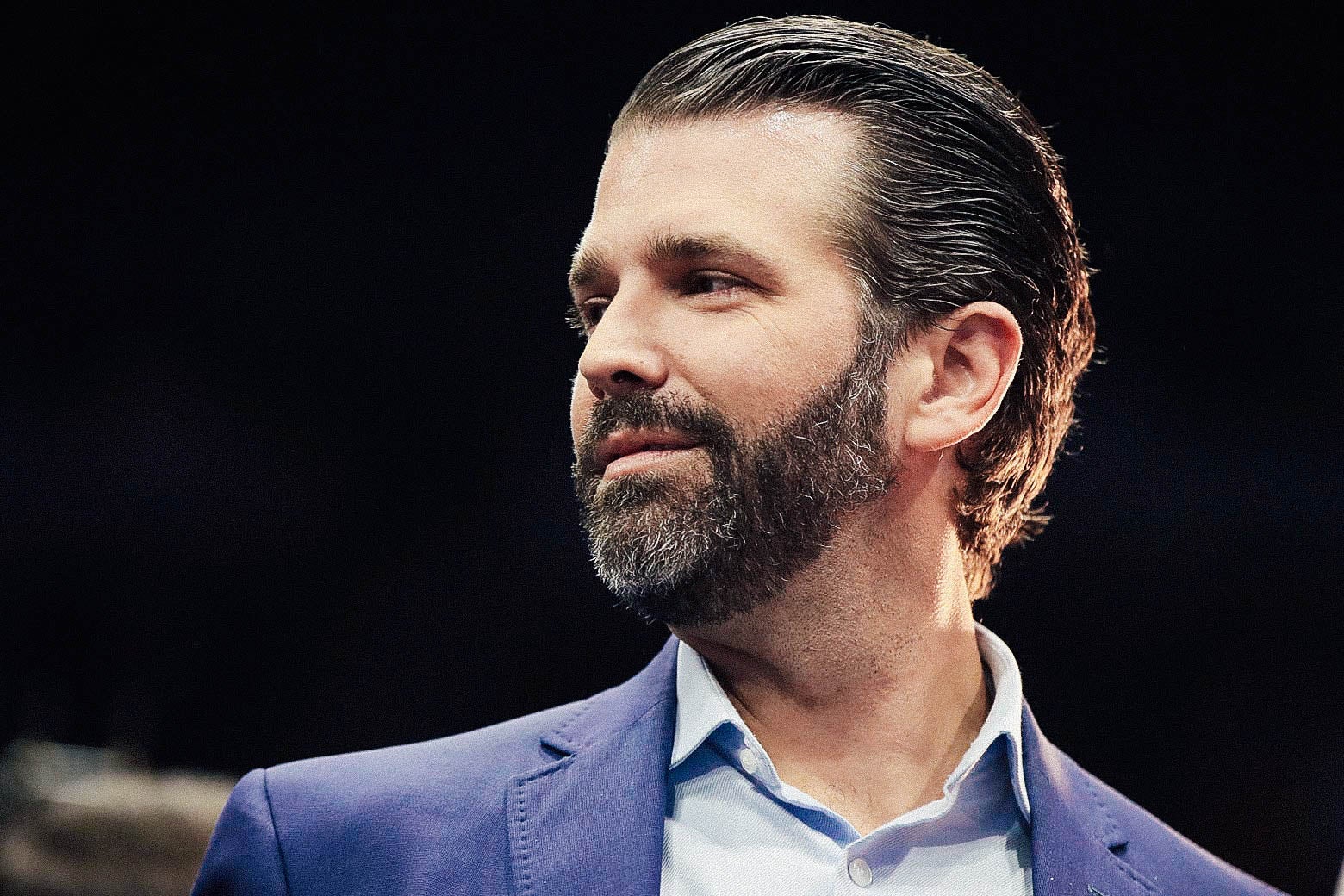Attorney General William Barr has indicated that a redacted version of the Mueller report is likely to be sent to Congress this week and made public. It could come any day now, though a Good Friday release, coinciding with the beginning of Passover, would be the news dump to end all news dumps. (Update, April 15, 2019, at 12:10 p.m.: On Monday, the Department of Justice announced that it expected to release the report on Thursday morning.)
Whenever the report comes, how will we know what to look for? From Barr’s summary released a few weeks ago, we expect the report to focus on both the question of possible “collusion” between Russian agents and Americans as well as whether the president obstructed justice in seeking to prevent a full and fair investigation of possible collusion.
Passover begins with asking four questions, and in that spirit, I begin with four questions about possible collusion that I have been anticipating since the Barr summary that I hope we will be able to answer once we get to dig into the report itself.
On collusion:
1. To what extent did Americans assist or cooperate with Russians or other foreign agents in hacking Democratic National Committee emails, in trying to break into American voter registration databases, or in efforts to spread “dirt” on President Donald Trump’s 2016 presidential election opponent, Hillary Clinton? We know from earlier government reports that Russian agents did all three of these things, but we do not know whether any Americans were involved or might have known at the time of the interference. Barr’s summary of Robert Mueller’s report, meanwhile, stated that Mueller’s investigation “did not establish that members of the Trump Campaign conspired or coordinated with the Russian government in its election interference activities.” Did members—or affiliates—of the campaign, though, coordinate with any Russian cutouts, such as Julian Assange’s WikiLeaks?
2. Were any of the people involved in this collusion investigation somehow connected to the Trump campaign or the Trump family? Alternatively, to what extent were campaign or family members duped by foreign agents? The Barr summary is very careful to say that there was no finding in Mueller’s report of “coordination,” which it defined in a particular legal way as an “agreement—tacit or express—between the Trump Campaign and the Russian government on election interference.” As Ben Steinberg suggests, there’s plenty of room for cooperation short of this legal standard that could be described in the report. For example, Mueller might believe that winks and nods suggested both sides were cooperating but doing so in a subtle enough way to prevent prosecutors from proving an illegal conspiracy.
3. How successful were the hacks into American voter registration databases and other election-connected computers? We have seen conflicting reports of the extent of Russian success in these endeavors, but the details have not been confirmed in an official government report. More importantly, what can be done to prevent such hacking efforts again?
4. If Americans cooperated with Russians in procuring or spreading opposition research, why did Mueller not charge any Americans with any crime in this area? As I explained in an earlier Slate piece, we must learn why Mueller declined to prosecute former Trump campaign manager Paul Manafort or Trump’s son Donald Trump Jr. for apparently violating laws prohibiting the solicitation of foreign contributions to American campaigns, based on those campaign surrogates’ June 2016 meeting with Russian agents at Trump Tower. As I wrote, “How Mueller answered this question could have profound ramifications for what federal law enforcement will do to stop foreign involvement in the upcoming 2020 elections.”
I have two additional—and similarly important—questions on how Mueller judged the issue of potential presidential obstruction of justice:
1. Does Mueller’s report use any language suggesting that a reasonable prosecutor acting in her discretion could have charged Trump with obstruction but for Department of Justice policy against indicting a sitting president? We know Mueller refused to make the call on whether Trump obstructed justice, but we do not know why he made that decision and whether it had to do with the strength of the evidence. All we know is that Mueller’s report says, “while this report does not conclude that the President committed a crime, it also does not exonerate him” and Barr took the subsequent step of exonerating his boss.
2. Does Mueller point to new specific evidence Congress might consider in pursuing possible impeachment charges against Trump based upon obstruction? If Mueller left the issue for Congress, does he do so laying out clear not previously public evidence for possible impeachment, or is there not much more than a judgment call about whether Trump’s publicly known actions rise to the level of impeachable offenses?
Finally, there is a remaining question that encompasses the entire probe and how it was ultimately dealt with:
To what extent does it look like Barr is trying to protect Trump and Trump’s family, such as Donald Trump Jr.? Despite his expected redactions, has Barr made it possible to evaluate Mueller’s reasoning or the evidence collected?
This is a key question. Already Barr has given Trump a great gift by releasing a summary that has allowed Trump to claim his “exoneration” for weeks without anyone being able to raise a counterargument based on the actual evidence collected and analyzed by Mueller. We all are waiting to see if the redaction leaves a credible report, or more reason to be suspicious of Barr and a longer list of questions. We should at least know the answer to this question in a matter of days.
